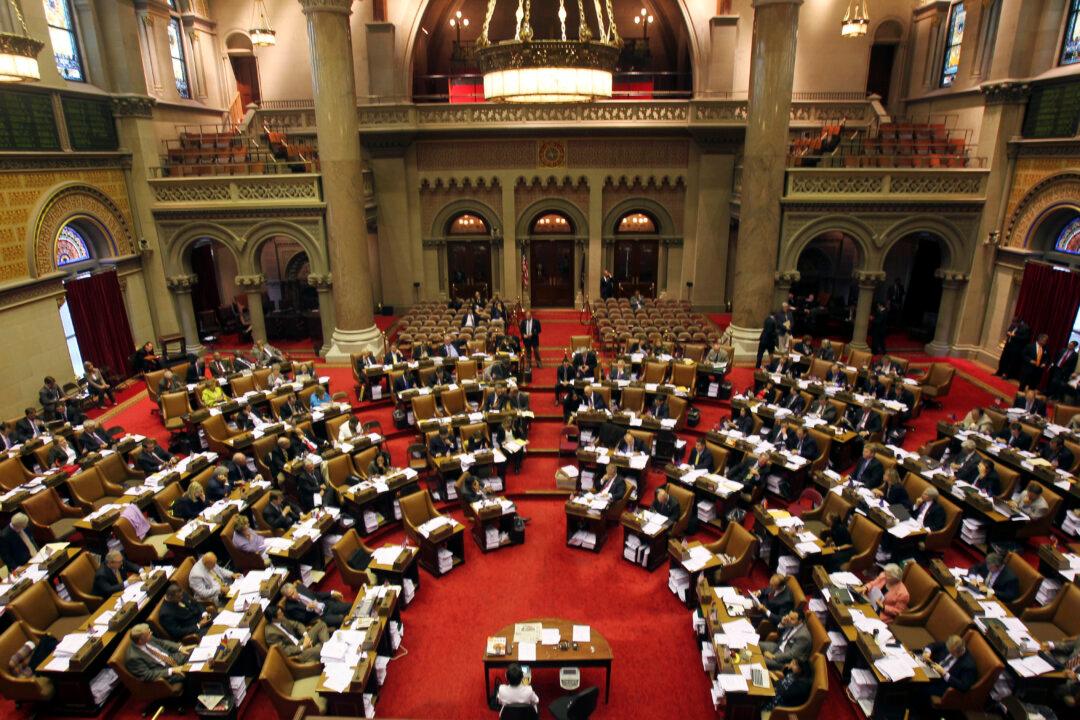The New York Legislature has proposed nearly $7 billion in new and increased taxes on businesses and the wealthiest state residents.
The tax proposals were announced as more than $100 billion is being doled out to New York in federal aid as part of the COVID-19 stimulus bill that was passed and signed into law by President Joe Biden last week.





